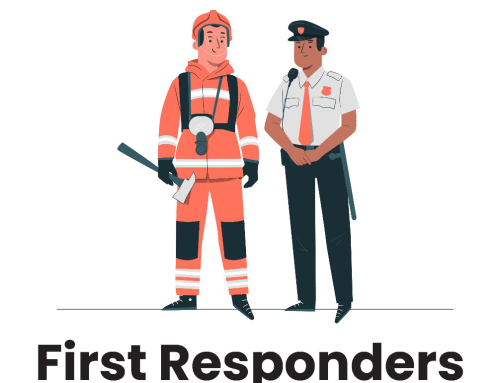For its infinite medical and health benefits, fasting is included in many diet routines. However, if you’re not careful, fasting might not work for you. In fact, in some cases individuals might require immediate first aid attention to prevent the adverse effects of fasting from getting worse.
To make sure you’re getting all the benefits while fasting and promoting your health, it is beneficial to plan beforehand.
Here are a few tips to ensure optimum health while you’re fasting.
Seek Advice From A Medical Practitioner Before Fasting
If you are on medication or pregnant it is better to consult your doctor before fasting. Your medical practitioner can come up with a plan specifically designed for you to follow to ensure your health isn’t compromised while you’re fasting. This is especially necessary if you have diabetes. There are a number of conditions that a diabetic patient can suffer from while fasting, including: fluctuations in blood sugar levels making them too high (hyperglycemia) or too low (hypoglycemia), dehydration and ketoacidosis (acid build-up in the body).
Modifications In Exercise Routine
Staying active while fasting is necessary but you may need to make slight modifications in your exercise routine. Refrain from high intensity workouts to prevent dehydration. Instead, go for light walks and stretching.
Plan Meals Ahead
It’s essential to plan out your meals beforehand. Consider dropping out all fast food and instead go for healthier alternatives that keep you nourished throughout the day. You can include grains and nuts, lean protein and vegetables and fruits in your diet. Break your fast with a glass of water and a few nuts so that your body can recoil from the fast quickly. You can also consult a dietician to help you with your meal planning.
Failing to maintain a healthy diet might lead to conditions like stomach pain, diarrhea, vomiting and gastroenteritis. These conditions can worsen if the patients are not given first aid treatment.
Hydration Is Key!
Staying hydrated is vital in maintaining your health while fasting. Your water-level intake depends on your bodyweight, activity levels and the environment you’re in. It is common to feel less thirsty while fasting as your activity levels decrease, however, you should ensure you’re drinking enough water.
Follow A Plan Best Suited For You
You may need to consult with your dietician or your medical healthcare provider to figure out the type of fast which best suits you. Only do strict water fasts under the supervision of your medical practitioner to prevent dehydration. However, first aid treatment should be provided immediately upon dehydration to prevent worse case scenarios.
Metro safety cares for your health and safety. Take up our extensive first aid training course in BC, Canada, to counter any emergency situations. Reach out to us to sign up for our classes!










